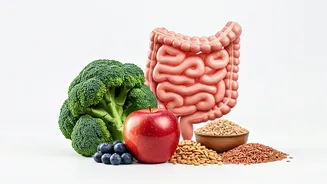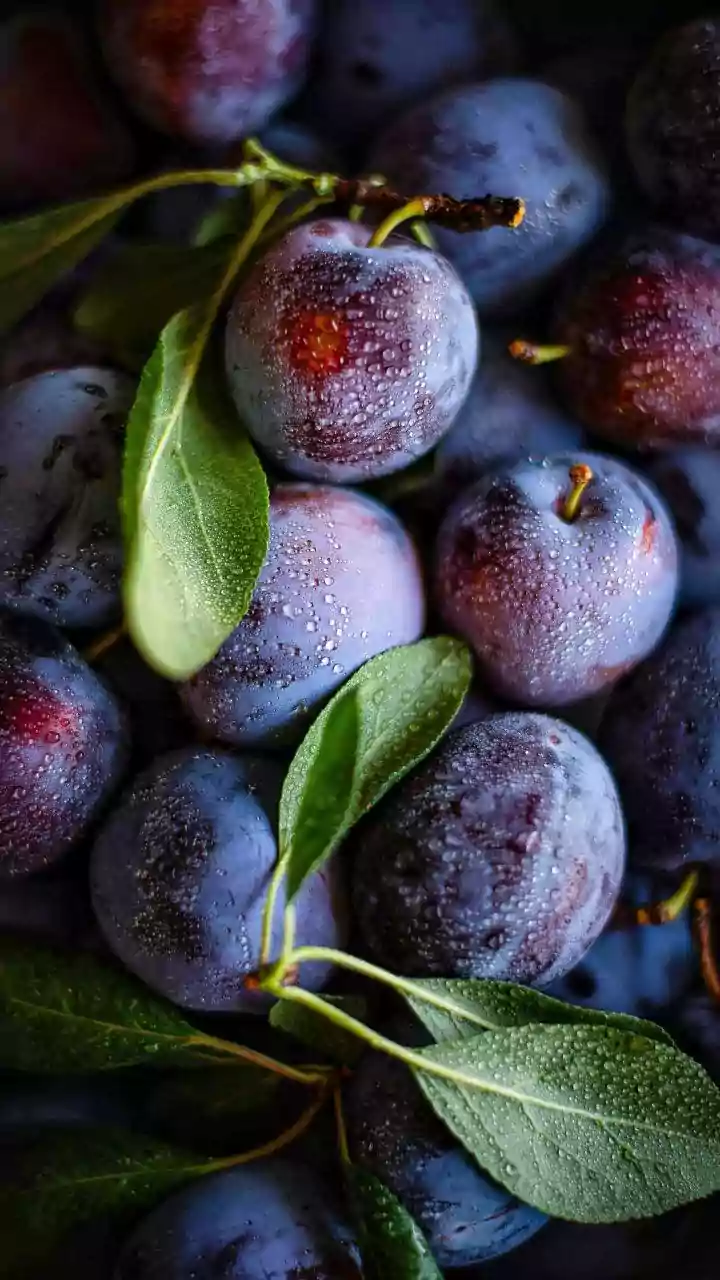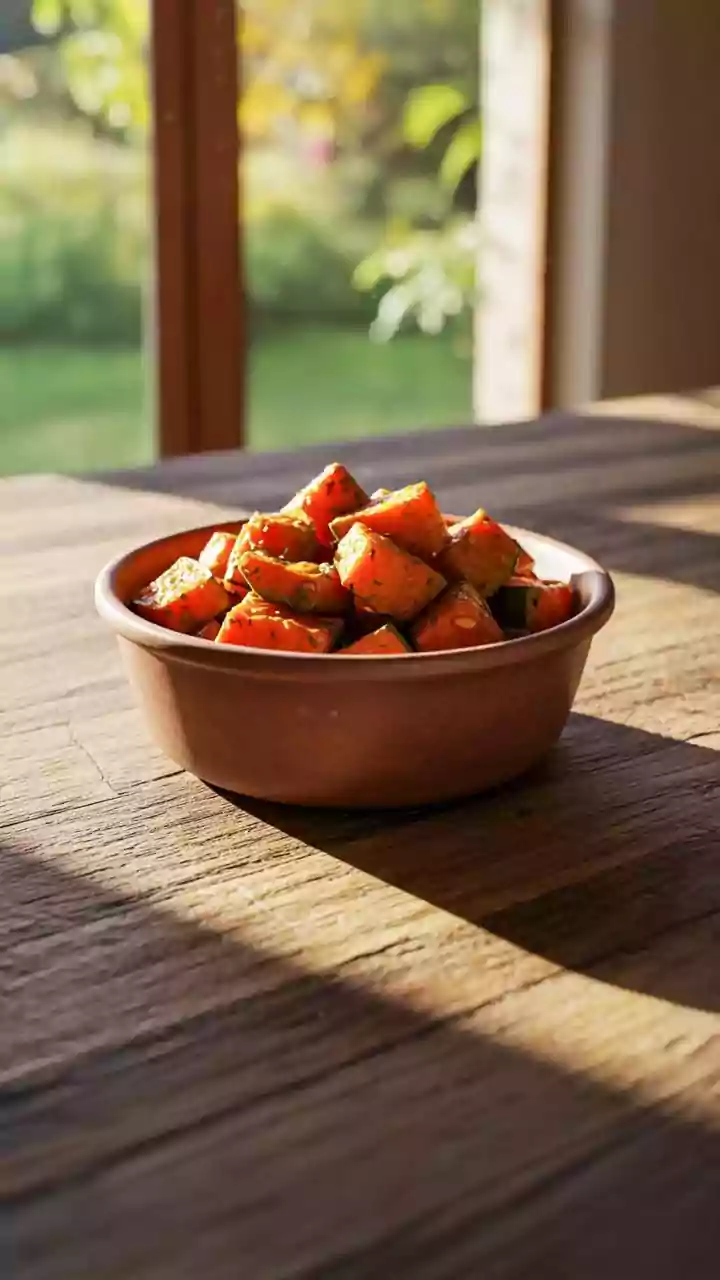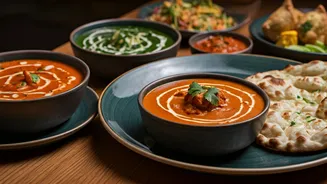Fiber-Rich Foods
Fiber is a cornerstone of a healthy diet, particularly when it comes to colon cancer prevention. Foods high in fiber help to move waste through the digestive
system more quickly, reducing the time that potentially harmful substances are in contact with the colon lining. Additionally, fiber feeds beneficial gut bacteria, which further supports colon health. Examples include whole grains, fruits, vegetables, and legumes. Aim to incorporate a variety of these foods into your daily meals to maximize the benefits. Remember that increasing fiber intake should be done gradually to avoid digestive discomfort. Fiber-rich diets have consistently shown a protective effect, making these foods an essential part of any colon cancer prevention strategy. It's best to consume adequate fiber with water to allow easy passage of food through the digestive tract.
Cruciferous Vegetables
Cruciferous vegetables, such as broccoli, cauliflower, cabbage, and Brussels sprouts, are packed with compounds known for their cancer-fighting properties. These vegetables contain glucosinolates, which are converted into isothiocyanates (ITCs) when chewed. ITCs have been shown to inhibit cancer cell growth and promote cancer cell death. Regular consumption of cruciferous vegetables has been linked to a reduced risk of various cancers, including colon cancer. To maximize the benefits, consider incorporating these vegetables into your diet in various ways, such as steaming, roasting, or adding them to salads. Be sure to cook them lightly to preserve the beneficial compounds. By integrating cruciferous vegetables into your meals, you can bolster your body's natural defenses against colon cancer.
Foods with Antioxidants
Antioxidant-rich foods, including berries, grapes, spinach, and bell peppers, can play a crucial role in preventing colon cancer. Antioxidants combat free radicals, unstable molecules that can damage cells and contribute to cancer development. By neutralizing these free radicals, antioxidants help to protect the cells in the colon from damage. Consuming a diet rich in antioxidants boosts overall health and lowers the risk of several types of cancers, including colon cancer. The vibrant colors of these foods often indicate a high antioxidant content, making it easy to identify and include them in your diet. Make it a daily practice to include fruits and vegetables of different colors in your diet to ensure a wide range of antioxidant intake. A diet brimming with antioxidants provides ongoing cellular protection.
Foods with Probiotics
Probiotic-rich foods are beneficial for overall gut health and can contribute to colon cancer prevention. Foods like yogurt, kefir, and fermented vegetables contain beneficial bacteria that support a healthy gut microbiome. A balanced gut microbiome is associated with reduced inflammation and a decreased risk of cancer. Probiotics help to improve digestion, boost the immune system, and reduce the presence of harmful bacteria in the colon. Regularly consuming foods with probiotics can maintain a healthy gut environment, thus providing protection against colon cancer. To maximize benefits, it's best to eat these foods regularly as a part of a balanced diet. Moreover, choose products with 'live and active cultures' for the best results. A healthy gut is a key factor in keeping the colon healthy.





















